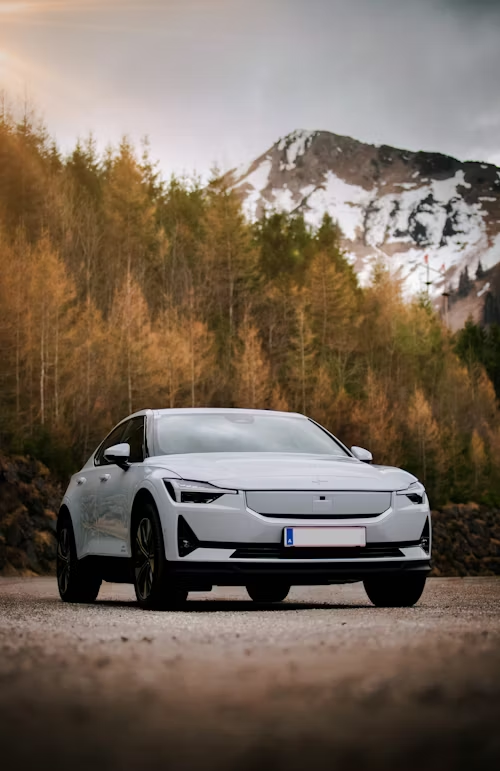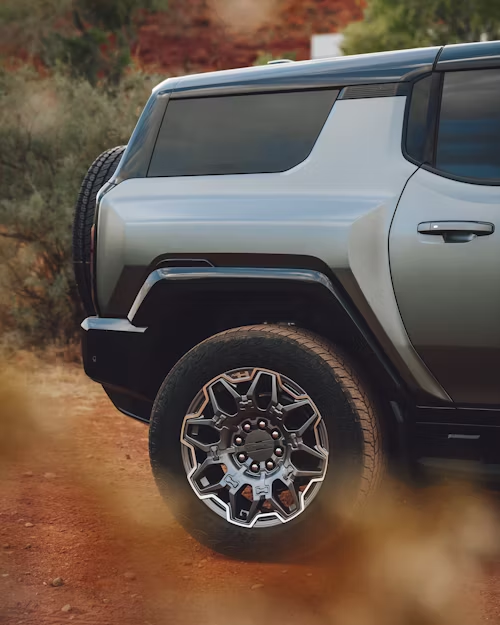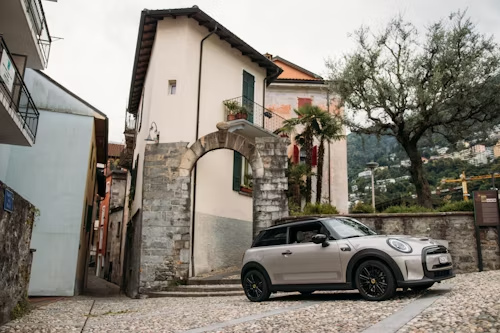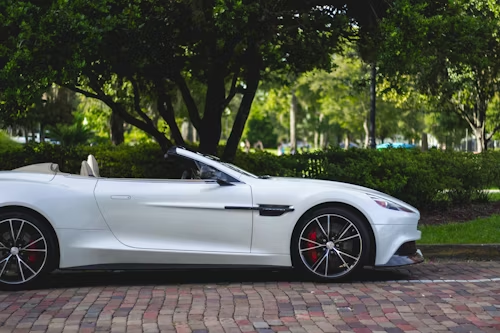DIY vs. Professional Smart Car Conversions: What You Need to Know
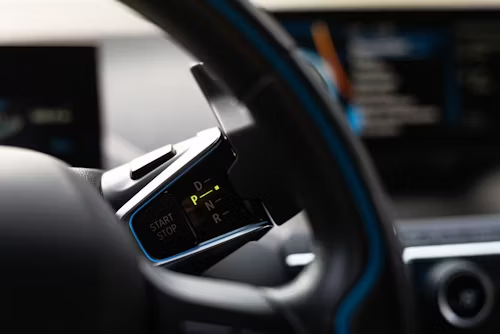
Smart car conversions are becoming increasingly popular as technology advances. Whether you choose a do-it-yourself (DIY) approach or opt for professional installation, understanding the benefits and challenges of each can help you make the right decision. Below, we compare DIY vs. professional smart car conversions to guide you through the process.
DIY Smart Car Conversions
DIY smart car conversions offer flexibility and cost savings but require technical expertise and time investment. Common DIY upgrades include:
- Infotainment System Upgrades: Installing a touchscreen interface with Apple CarPlay or Android Auto.
- Aftermarket Sensors: Adding parking sensors, cameras, or blind-spot monitors.
- OBD-II Diagnostics: Using plug-and-play devices to monitor vehicle performance and maintenance needs.
Pros of DIY Conversions:
- Cost savings by avoiding labor fees.
- Customization based on personal preferences.
- Hands-on learning experience.
Cons of DIY Conversions:
- Requires technical knowledge and tools.
- Potential warranty voiding.
- Risk of installation errors affecting vehicle performance.
Professional Smart Car Conversions
Professional conversions offer reliability, advanced features, and expert installation. Some common professional upgrades include:
- Autonomous Driving Features: Integration of self-driving capabilities.
- Advanced Security Systems: Biometric access, remote tracking, and theft prevention.
- Full IoT Integration: Seamless connectivity with smart home devices and cloud services.
Pros of Professional Conversions:
- Guaranteed quality and expert installation.
- Access to high-end technology.
- Manufacturer-approved modifications that maintain warranties.
Cons of Professional Conversions:
- Higher costs due to labor and proprietary technology.
- Limited customization compared to DIY solutions.
- Possible longer turnaround times.
Cost Comparison
Depending on the complexity of the upgrades, DIY conversions can cost anywhere from $200 to $2,000, while professional conversions may range from $2,000 to $15,000 or more.
Case Studies
Case Study 1: DIY Tesla Upgrade
A Tesla owner installed aftermarket autopilot enhancements, reducing costs but facing software limitations. Read more at TeslaMods.
Case Study 2: Professional Smartcar Conversion
Smartcar Conversions offers full-service installations, ensuring optimal integration and warranty retention.
Conclusion
Choosing between DIY and professional smart car conversions depends on your budget, technical skills, and desired features. If you seek affordability and customization, DIY may be the way to go. However, for high-end enhancements and reliability, professional services are worth considering.
